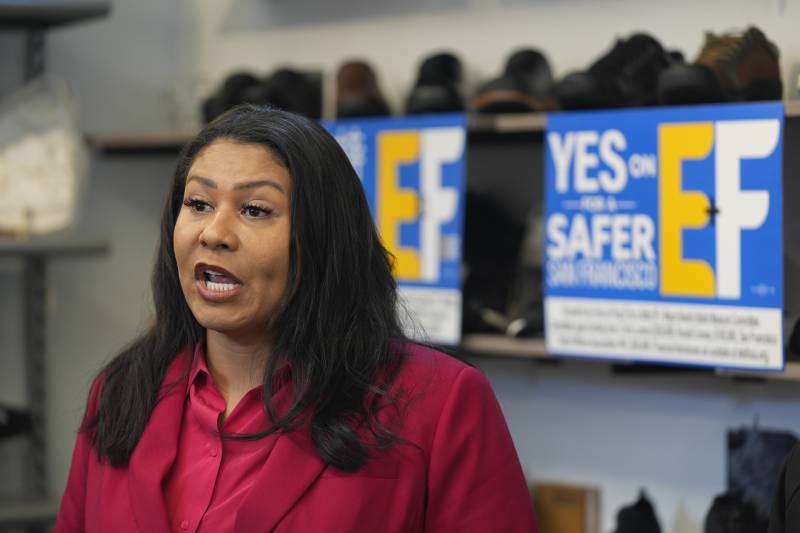Opponents say coercion doesn’t work and homelessness may increase if the measure passes. Drug addicts are not criminals, they say, and there are not enough treatment beds and counseling services as it is.
A crackdown on drugs is reminiscent of the failed war on drugs that disproportionately harmed Black families, said Chris Ballard, co-executive director of Coleman Advocates, which pushes for improvements for Black and Latino youth in San Francisco.
“There are more ethical ways to address the issue aside from punitive measures, and that’s the proper way to take care of a community, to show true support,” he said.
Yet Trent Rhorer, executive director of the San Francisco Human Services Agency, which provides cash assistance and employment services to low-income residents without dependent children, said the current situation conflicts with the agency’s mission: to improve lives.
“To give someone who’s addicted to fentanyl $700 a month, I don’t think it helps improve their lives,” he said. “In fact, I think it does the opposite.”
Compelling treatment has become more acceptable in Democratic California, despite angst over the potential loss of civil liberties, as visible signs of homelessness and mental illness, fentanyl addiction, and unsafe street behavior surge.
Last year, several counties rolled out an alternative mental health court created by Democratic Gov. Gavin Newsom, former mayor of San Francisco, to fast-track people with untreated schizophrenia and related disorders into care, and in March, voters will take up a statewide mental health proposition, that some say will increase involuntary treatment.
Rhorer said the welfare program for single adults — which serves about 9,000 people per year — already asks applicants about substance abuse, with about 20% self-reporting an issue. A data check with the Department of Public Health revealed that almost one-third of recipients have been diagnosed with a substance use disorder, he said.
The ballot measure would replace that question with a more rigorous screening test that an addiction specialist would verify. If substance abuse is found, Rhorer said, the specialist and applicant would agree on treatment options that include residential care, a 12-step program, individual counseling and replacement medication.
